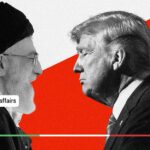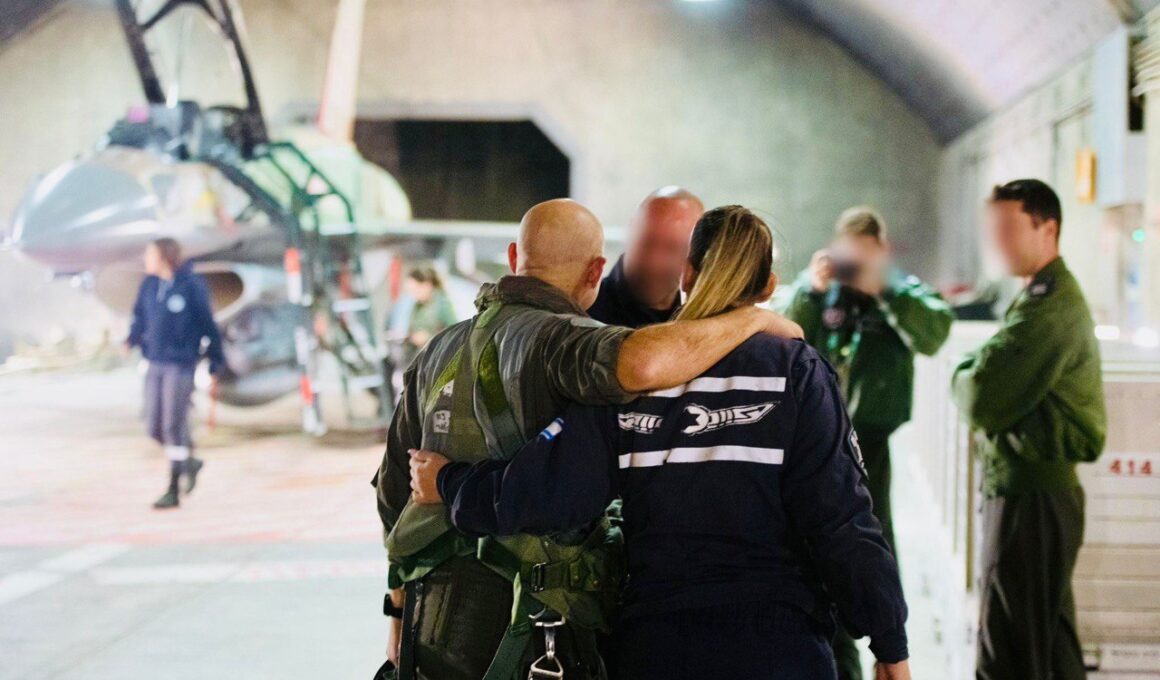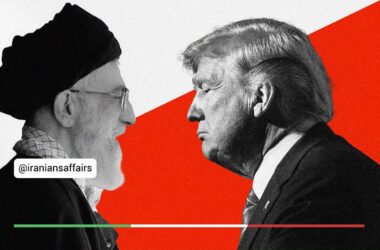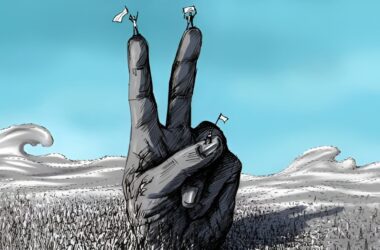As hours have passed since the “Days of Response” airstrike, which the Israelis have described as a targeted and proportionate response to the October 1 missile attack, the future of the war in the region has become a crucial topic. In the current circumstances, paying attention to a few key issues could provide a useful guide for predicting the future and identifying the factors influencing the conflict between the Islamic Republic and Israel.
Let’s begin with an unusual factor: the “Campaign of Humiliation.” The Islamic Republic, in a vulnerable state after significant blows to its supported groups, is facing a crisis of trust and legitimacy. In this situation, Israel’s narratives and interpretations of the impacts and outcomes of these attacks could influence the likelihood of an Iranian response.
If Israel leads a “Campaign of Humiliation,” projecting images and information that depict the Islamic Republic as weak, the Iranian government will face a serious challenge, especially in front of its ideological supporters. Given that Iran’s dissatisfied populace and parts of the political opposition capitalize on these narratives of defeat and disgrace, the likelihood of an Iranian response and the continuation of the conflict between Israel and the Islamic Republic will increase.
The second factor is the ongoing state of war on Israel’s northern and southern fronts. Hamas can almost be considered a destroyed group. However, despite a similar goal for Hezbollah in Lebanon, the situation with this group differs. Hezbollah, while weakened by the blows it has received, has not yet been defeated. There is still a significant gap before Hezbollah is entirely dismantled. The future, whether it involves a ceasefire or Hezbollah’s destruction, will impact the ongoing conflict between the Islamic Republic and Israel.
The third factor largely depends on the United States and the outlook for global (and regional) order. The U.S. shows no signs of supporting policy changes in the Middle East and continues to emphasize containment policies. Even with the acknowledgment that the Islamic Republic is the most significant (and perhaps sole) threat to peace and security in the Middle East, it refrains from adopting or planning policies aimed at change. This trend is likely to intensify, especially with the U.S. elections just ten days away. The influence of U.S. interests can be clearly observed in the “Days of Response” as well.
The state of the opposition to the Western order in this region is not currently strong enough to impact the will or ability of the Islamic Republic and Israel to confront each other in the short term. Thus, until a policy of change is pursued, the likelihood of a more serious military confrontation will remain low, and all efforts will focus on containing and limiting responses.
The fourth factor involves the regional countries and the future of oil markets (and its economic implications, particularly for the United States). In recent days, the Islamic Republic’s diplomatic team has carried out a concerted effort to convey its message to neighboring countries, underscoring Iran’s commitment to intertwining the region’s fate with its own. The essence of Iran’s message could be summarized as follows: if a fire ignites in Iran, it will spread throughout the region. This messaging includes threats of attacks on ports, oil facilities, disruptions to maritime transit, and the provocation of hostile and terrorist groups. In the absence of a clear plan for political change in Iran or a robust strategy to contain the Islamic Republic, regional countries may prefer to take these threats seriously and, to avoid repercussions, even condemn Israel. Global powers, for various reasons, also seem reluctant to face fuel supply disruptions or price spikes.
Additional factors, such as the military capabilities of each side and the state of political discontent in Iran, could also impact the conflict. While the Islamic Republic lacks strong air, naval, and defensive power, it relies solely on its missile capabilities to pose threats against Israel and other regional countries. Israel, meanwhile, is preoccupied with its own fronts and prefers to address the Islamic Republic once those battles are concluded. The strength of the Iranian opposition and economic grievances within Iran may also influence decision-making in Tehran and Tel Aviv, as well as the pressures exerted by their allies.
